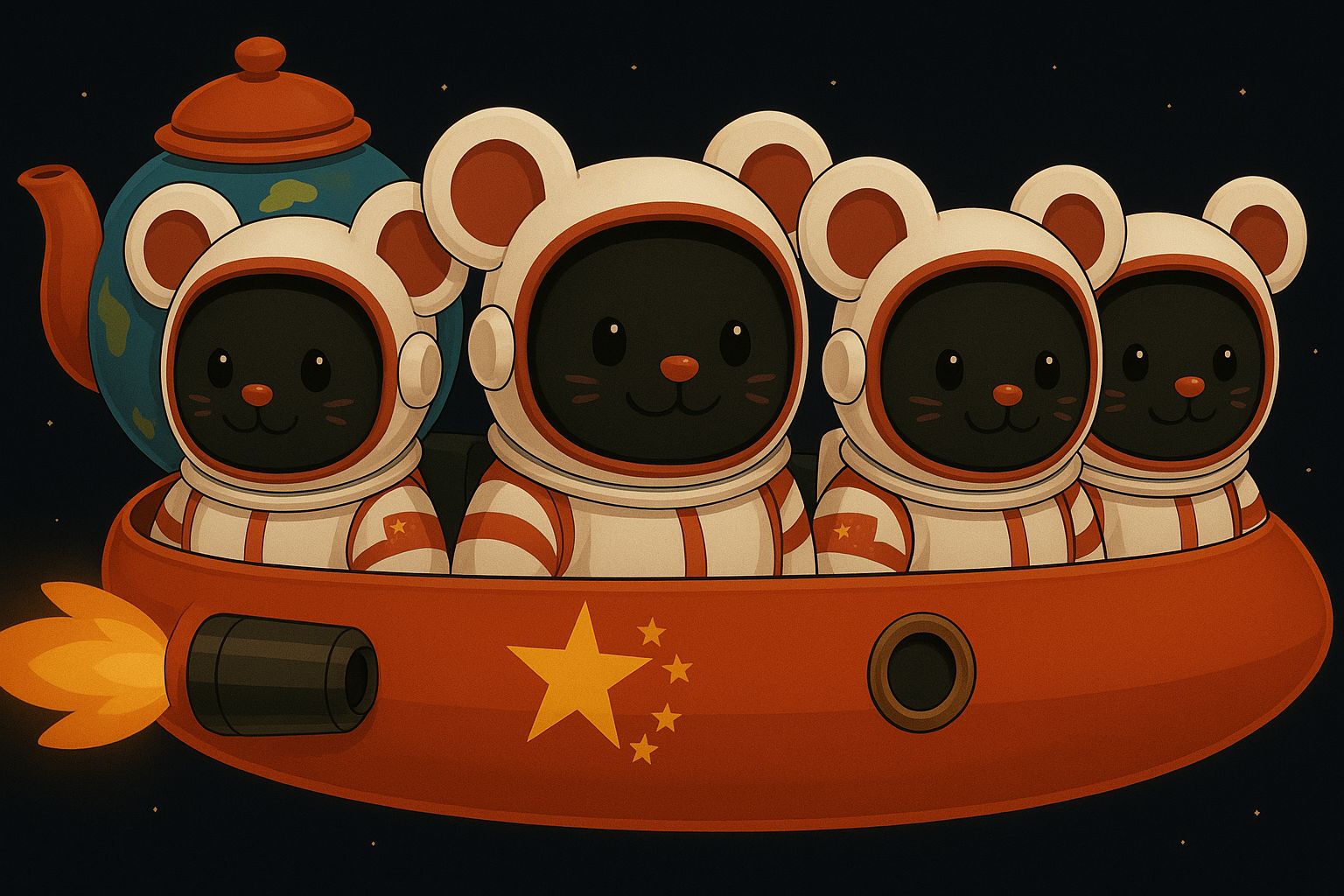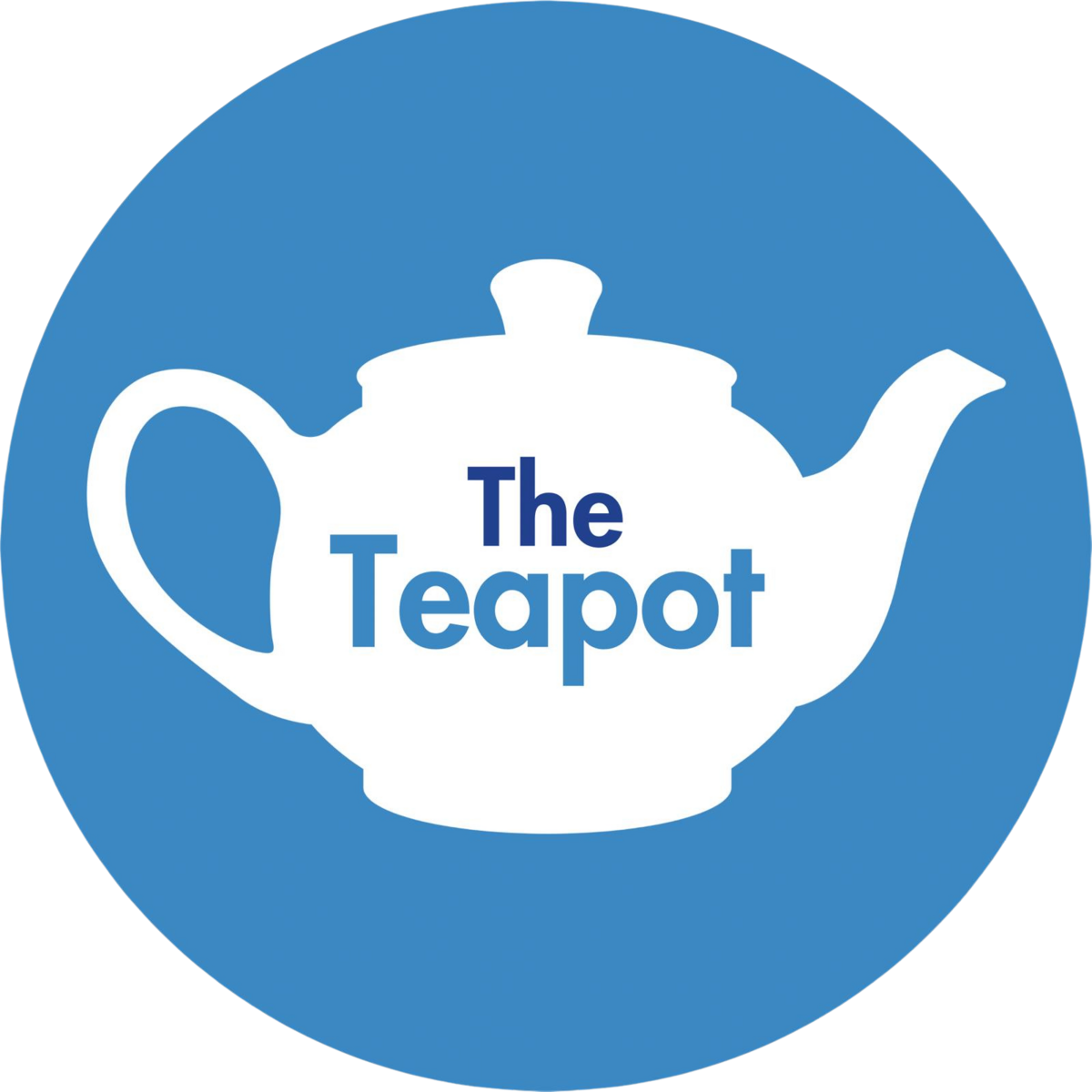Happy Monday. Bonfire night this week, so here’s some “did you know’s” that’ll blow your socks off.
The explosion would genuinely have been massive. 2.5 tonnes of gunpowder would mean buildings within about 40 meters would have been completely destroyed, and structures up to 110 meters away would have suffered partial destruction or complete collapse of walls and roofs. King, Parliament, and the aristocracy included.
The plot was by a Catholic group in 1605 that wanted to end protestant rule by blowing up the Houses of Parliament and kill King James I. Fair to say they didn’t get on back then.
The first Bonfire Night was state-mandated propaganda. Every parish was ordered to hold a service and light bonfires to thank God for saving the King.
The plan was foiled due to an anonymous letter trying to save a Catholic nobleman from attending Parliament that day. The King’s men got it and searched the cellars.
MARKETS
| FTSE 100 | £9,717.25 | +0.66% |
| FTSE 250 | £22,170.97 | -1.51% |
| GBP/EUR | €1.1342 | -0.97% |
| GBP/USD | $1.3155 | -1.25% |
| S&P 500 | $6,840.20 | -0.51% |
Data: Google Finance, 5-day Market Close
Notable UK earnings this week: Astrazeneca (AZN), BP (BP.), National Grid (NG.), BT Group (BT.A), Marks & Spencer (MKS), Sainsbury’s (SBRY), Autotrader (AUTO).
Notable US earnings this week: Berkshire Hathaway (BRK.A), Palantir (PLTR), Advanced Micro Devices (AMD), Shopify (SHOP), McDonalds (MCD), Uber Technologies (UBER).
📈📉
PROJECT WATCH
☢️ Massive £4.6bn Sellafield framework award for hazard reduction cleanup. Read more
🔌 £2.1m Offshore wind cable testing facility in Blythe. Read more
💧 HiiROC and Agile Energy partner for Scotland hydrogen acceleration. Read more
BUSINESS & FINANCE
Turkey teeth? More like £8bn Turkey Typhoon jet deal
Forget fireworks for Bonfire Night – the real bang comes early this year, as Downing Street just dropped an £8 billion export deal with Türkiye that’s both explosive and job-saving. Twenty Typhoon fighter jets are on their way to Ankara, Turkey, giving the UK defence sector its largest fighter jet order in almost two decades and shoring up some 20,000 British jobs. Think fewer P45s, more afterburners.
Prime Minister Keir Starmer, in his diplomatic debut in Ankara, sealed the deal for the first fresh Typhoon order since 2017 and gives a lifeline to production lines that were starting to feel a bit... peacetime. Sites from Warton and Samlesbury to Bristol and Edinburgh will continue cranking out state-of-the-art kit, including Rolls-Royce jet engines and Leonardo’s radar tech - apparently good enough to spot trouble faster than the tabloids can spot landlord licence discrepancies.
For Türkiye, it’s a combat upgrade and an olive branch from NATO, as tensions can have the occasional flare up. For the UK, it’s part of a double-whammy following the £10 billion export of Type 26 frigates to Norway last month – apparently, Britain makes warships and diplomacy better than it handles potholes.
Reeves strikes gold in Riyadh with £6.4bn Saudi deal
Bonfire Night looms and Chancellor Rachel Reeves has been busy lighting a few economic fireworks of her own - this time in the Gulf. During a high-stakes visit to Saudi Arabia, Reeves secured a tidy £6.4bn in trade and investment deals, proving she's more than just a spreadsheet whisperer.
Part of the glittering package includes a whopping £5bn in finance backing from UK Export Finance (UKEF), aimed at helping British firms play a major supporting role in Saudi Arabia’s grand Vision 2030 scheme - a modernisation plan that’s basically the Middle East’s version of a home makeover, minus the plywood chic. Tim Reid, the head of UKEF, described it as not just opening doors, but building gates... through which, ideally, truckloads of contracts will come rolling.
Even the banks are crossing the sands. Barclays plans to set up shop properly in Riyadh, while HSBC, Aberdeen Investcorp, and AI outfit Quantexa all threw their hats in the ring too. British fintech darling Vemi secured £75m from Saudi investors, signalling a welcome pick-me-up for the UK’s jittering digital banking sector. Meanwhile, Saudi cybersecurity firm Cipher clearly liked our tea and tube strikes enough to invest £37m in a new London HQ.
POLITICS

Buses, bills & budget brawls
It’s all change at the bus stop - unless you’re under 22 and English, in which case… no, not for you, ta. While Scotland’s youth have been riding the rainbow road of free bus travel since 2022, their English peers have just been handed a polite “not in this spending cycle” from Westminster. The dream of free fares for under-22s was parked, deemed too expensive - though one wonders how pricey connectivity and opportunity became such luxuries.
But all is not gridlock. In a rare moment of political combustion, the government has turbo-charged the Bus Services Act, hailed as a landmark move to put passengers - rather than profit margins - first. It lets councils franchise routes, open their own bus firms, and force operators to think twice before axing services in rural areas where buses are more endangered than phone signal.
Wee waistlines & one-way ferries
While England fumbles free fares, Scotland's handing out free fat-fighting injections - 5,000 people from the nation’s most deprived areas are to be offered weight-loss jabs in a landmark study led by Glasgow University. Funded with £650k from the UK government, the trial aims to tackle obesity where it hits hardest and explore if shedding pounds might also lighten the NHS’s load. There’s a wee-govy pun to be had somewhere, answers on a postcard, please.
Speaking of weighty issues, the UK’s controversial ‘one in, one out’ migrant scheme with France has so far seen 75 asylum seekers sent back across the Channel, and 51 legal applicants allowed in. Critics argue it’s more PR than practicality - especially since one returnee simply hopped back over on another boat. Makes the system feel less like border control and more like a Channel-based game of musical chaise.
ACROSS THE POND
“Amazing” Trump and Xi meeting
Donald Trump has billed his trade discussions with Chinese President Xi Jinping as "amazing," with plans to take his show on the road to Beijing in April. They met last week in the neutral airspace of South Korea. Both were seeking to thaw the frosty economic relations intensified by tariff tiffs since Trump’s encore presidency began.
During the aerial press briefing aboard Air Force One, Trump announced some tariff reductions on Chinese imports destined for American shores. This may well bring some consumer relief. Notably, Beijing's brave commitment to curbing fentanyl shipments to the US drew applause too.
Yet, it wasn't all smooth sailing or semiconductor success stories. Though chips were on the agenda, some topics remained un-popped. For those pondering other global puzzles, the future of Taiwan, curiously, was off the discussion menu - maybe an elephant in the room for another day.
Nvidia becomes the first $5 trillion dollar company
A bewildering fact: Nvidia now boasts a value greater than Germany's entire GDP of $4.6 trillion last year, and while it's more apt to hear about economic powerhouses like China and the US, Nvidia's lofty figures might just give Friedrich Mertz a vicarious hot flush.
Last week Nvidia’s shares puffed up yet again, rising 3.4% to roughly $207.85. This upward tick catapulted Nvidia’s market cap from a meagre $4.89 trillion to a whopping $5.06 trillion, making it the first publicly traded company to waltz past the $5 trillion milestone. Remarkably, a £1,000 punt on Nvidia during its 2015 winter of discontent, when shares floundered at £0.47, would now balloon into a £441,000 bonanza.
In this grand hierarchy of capitalism, Nvidia sits atop with Microsoft meekly trailing at $4 trillion and Apple teasing just under at $3.9 trillion, fresh from its own climb over the $4 trillion hill. Google’s parent, Alphabet, Amazon, and Meta follow, clutching their respective $3.2 trillion, $2.4 trillion, and $1.8 trillion valuations as though they’ve accidentally picked the small bonfire sparklers.
TECH

Rocket rodents & celestial youth
China’s latest space jaunt has really taken off - mice first, questions later. Shenzhou-21 zipped three astronauts and four black bewildered rodents into orbit aboard the Tiangong space station. It's China's first-ever in-orbit mammal study - yes, the mice are part of the mission, not stowaways.
The space race has officially gone full Tom and Spacey Jerry, with the tiny travellers enduring six months of microgravity, space suits, and presumably terrible room service. The crew will run 27 experiments in biotech and physics. One of the crew members, Wu Fei, at a spry 32, has become China's youngest astronaut.
And if you’re wondering how far we’ve come: while the International Space Station quietly marks its 25th anniversary this week, China’s Tiangong Space Station has been shining bright since April 2021, with fresh experiments, futuristic ambitions, and now, whiskers.
Tech tycoons, pink slips & pixelated pitches
While China’s space mice are rising, Amazon’s workforce is downsizing - ex machina style. Leaked documents reveal Jeff Bezos’ mega-empire is plotting a mass mechanised makeover, aiming to replace over 600,000 humans with robo-replacements. The plan? Save 30p per parcel and “co-bot” their way into a fully automated utopia - minus the bathroom breaks.
Closer to home, the Amazon ripple has hit the UK, with 14,000 job cuts announced; there’s yet no word on how many of Amazon's 75,000 UK employees are on the chopping block, but the GMB union isn't buying the corporate kumbaya. While Bezos soars to space weddings, ground staff are getting grounded.
But let’s not dwell - Football Manager 26 has finally entered the chat, complete with women’s teams, VAR animations, and a UI overhaul that’s sent longtime fans into a full-blown tactical meltdown… bold evolution or own goal?
WORLD

Pharaoh flair & basilica bragging
This week, two architectural juggernauts from across continents played a rather high-stakes game of historical one-upmanship. First up: Egypt’s Grand Egyptian Museum, finally flinging open its gilded doors after decades of delays, revolutions, pandemics, and the occasional pyramid scheme.
Sitting smugly beside the Great Pyramid of Giza, the museum is now home to 100,000 ancient artefacts, including, for the first time ever, the entire contents of Tutankhamun’s tomb - gold mask, throne, chariots, and all. Essentially, it’s the boy king’s full IKEA flatpack of the afterlife, finally unboxed. The museum’s opening has sparked fresh calls to return looted artefacts like the Rosetta Stone, the Zodiac from the Louvre, and Nefertiti’s bust from Berlin. Your move, British Museum.
In Barcelona, the Sagrada Família crowned itself the tallest church in the world by topping off its central tower with the first piece of its mighty cross. At 162.9 metres, it’s just nudged ahead of Germany’s Ulm Minster - and it’s still not finished. Gaudí’s famously snail-paced passion project began in 1882 and, at this rate, might be completed by the Second Coming (fitting, really). They’re aiming for 2026 to mark the centenary of Gaudí’s death, assuming the cranes aren’t too deep in a siesta slumber.
Bear with us, it's chaos out there
In Japan, the bear necessities have gone properly feral. With 12 deaths and over 100 violent encounters this year, the government is trying to paws the carnage by hiring hunters, deploying the army, and even mulling over whether police should be allowed to shoot on sight.
Climate change, habitat loss, dwindling food supplies, and an ageing, thinning population of hunters (the profession's lost its glamour, understandably) have driven bears straight into towns, schools, and supermarkets. That's certainly one way to shop local.
Meanwhile, the Olympic Committee has ghosted Saudi Arabia, scrapping their esports partnership “mutually”, which in diplomatic speak means “absolutely not, thanks”. Saudi had planned to host the first Esports Games in 2027, but with concerns over time, image, and perhaps a tangle of uncomfortable human rights baggage, the deal fizzled faster than a streamer’s rage quit.
And over in Latvia, lawmakers have voted to ditch the Istanbul Convention - an international treaty designed to prevent and combat violence against women and domestic abuse. The 2011 treaty legally binds signatories to protect victims, fund support services, and promote gender equality. Latvia only ratified it last year. Now it’s attempting to become the EU’s first member state to pull out, joining the likes of Türkiye, who bailed in 2021.
Supporters of the withdrawal claim the treaty pushes gender ideology that threatens traditional family values. But with femicide rates rising across Europe, women’s rights groups are warning of a dangerous rollback. The president could still block the move - if he chooses the constitution over culture wars.
Word of the Week:
neophyte

a participant who has no experience with an activity





